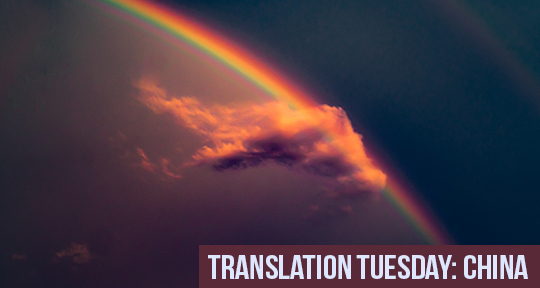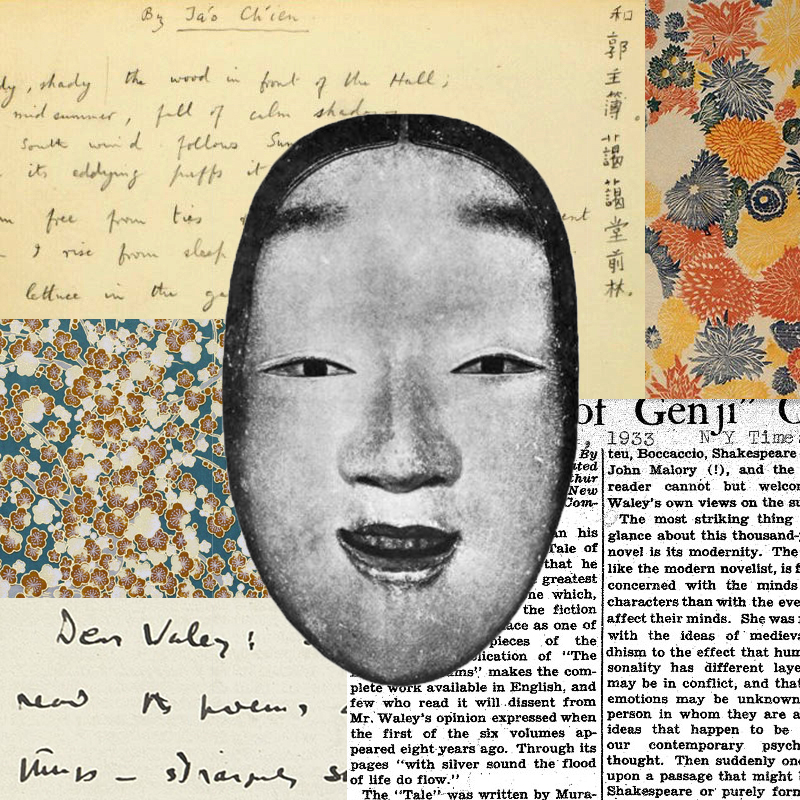This week, we bring you news from India and Hong Kong! In India, Suhasini Patni reports on recent controversies in the treatment of translators, while in Hong Kong, Charlie Ng highlights the opening of a politically charged museum for visual culture and the release of a new cross-genre poetry collection. Read on to find out more!
Suhasini Patni, Editor-at-Large, reporting from India
Translated literature has been enjoying a boom in India ever since the launch of the JCB Literary Prize. This year, the winning novel is Delhi: A Soliloquy, written by M. Mukundan and translated from Malayalam by Fathima E.V. and Nandakumar K. Although the JCB Prize is committed to honoring translated literature, many noted that the translators were not called onstage to receive the award with the author. Fathima E.V. tweeted: “Frankly, I expected to be called onstage, in keeping with the JCB foundation’s stated commitment towards translated literature. It would have been fitting finale for a graciously organised function in which all the authors and translators were well taken care of throughout.” This incident feeds into the larger question of how translators are treated globally and recent demands for fairer wages and due recognition.
Sanjoy Roy, of Teamwork, the company that organizes the Jaipur Literature Festival across the world, also noted: “Translations earlier were not necessarily good ones, they’re excellent now. The JCB Prize has brought that out,” when discussing the festival for 2022. The festival will return to the city in a hybrid mode, with online and in-person events, and the venue will change from Diggi Palace to Hotel Clarks Amer.
Certainly, translations have gained wider popularity in India during recent years. One of the most anticipated novels of the year was Resolve by Tamil writer Perumal Murugan. Translated by Aniruddhan Vasudevan, Resolve is about how marriage is turned into a social contract. Marimuthu, the protagonist, is on the quest to look for a wife. But he constantly must reevaluate his marital prospects when faced with rejections. The novel explores the challenges in a society afflicted by patriarchy and caste.



